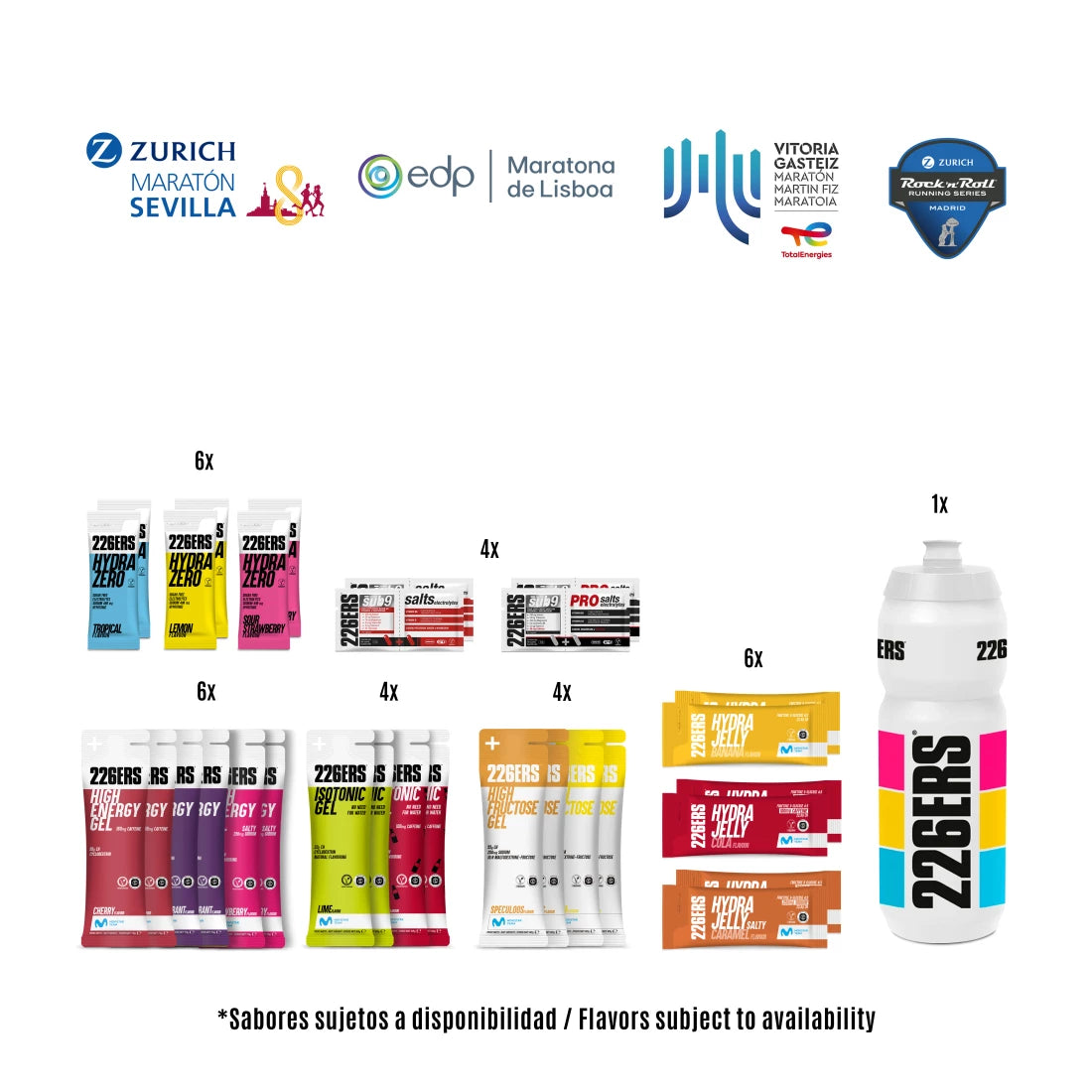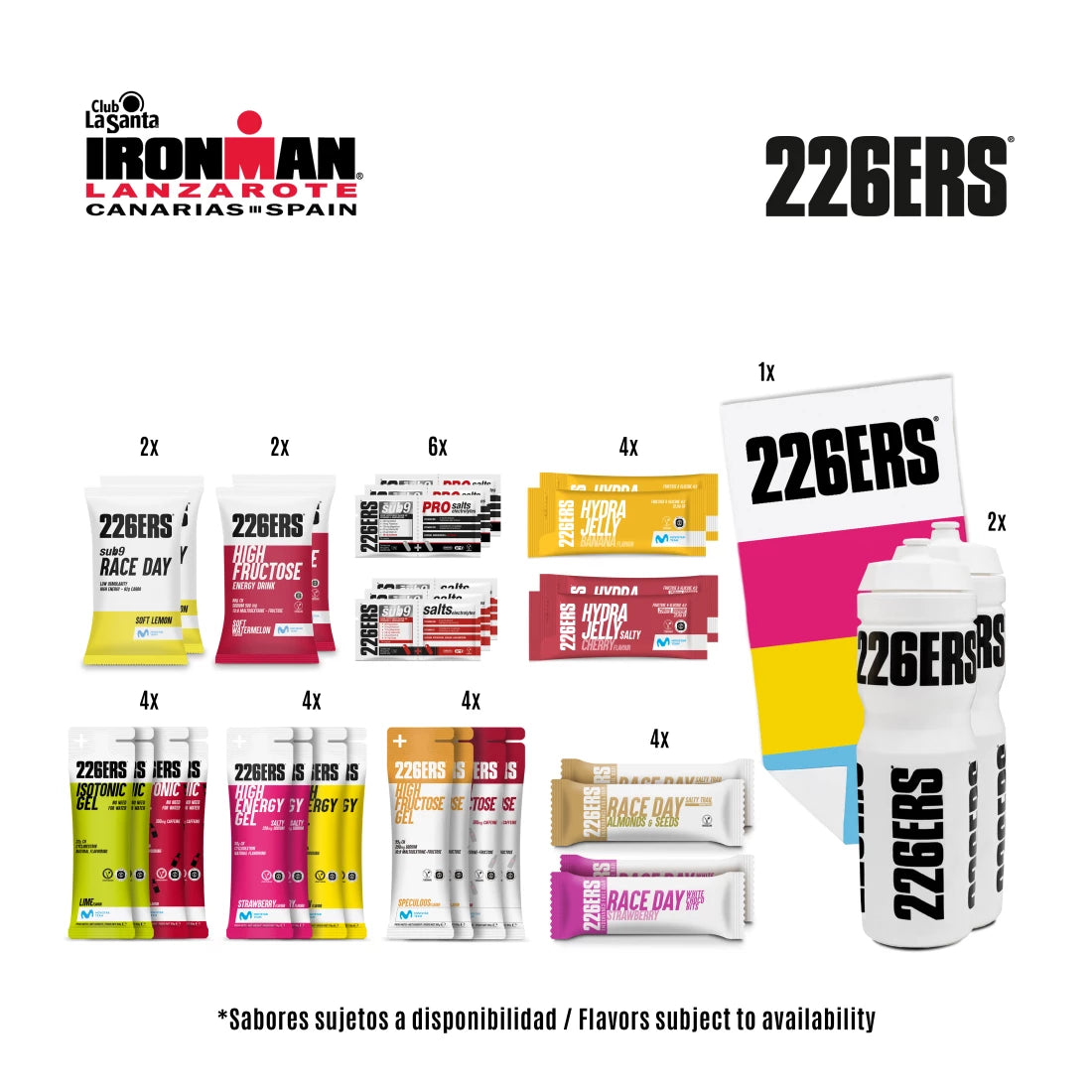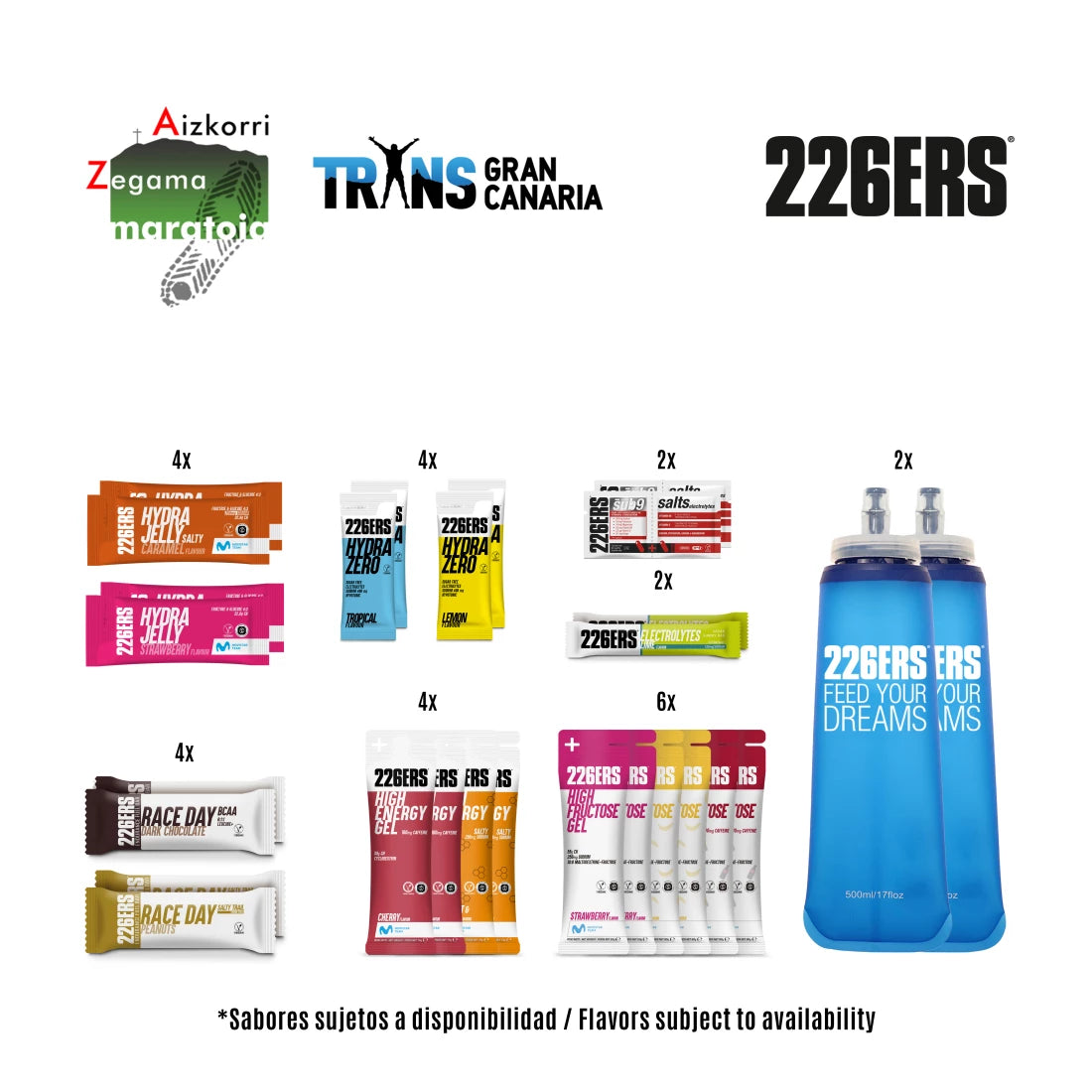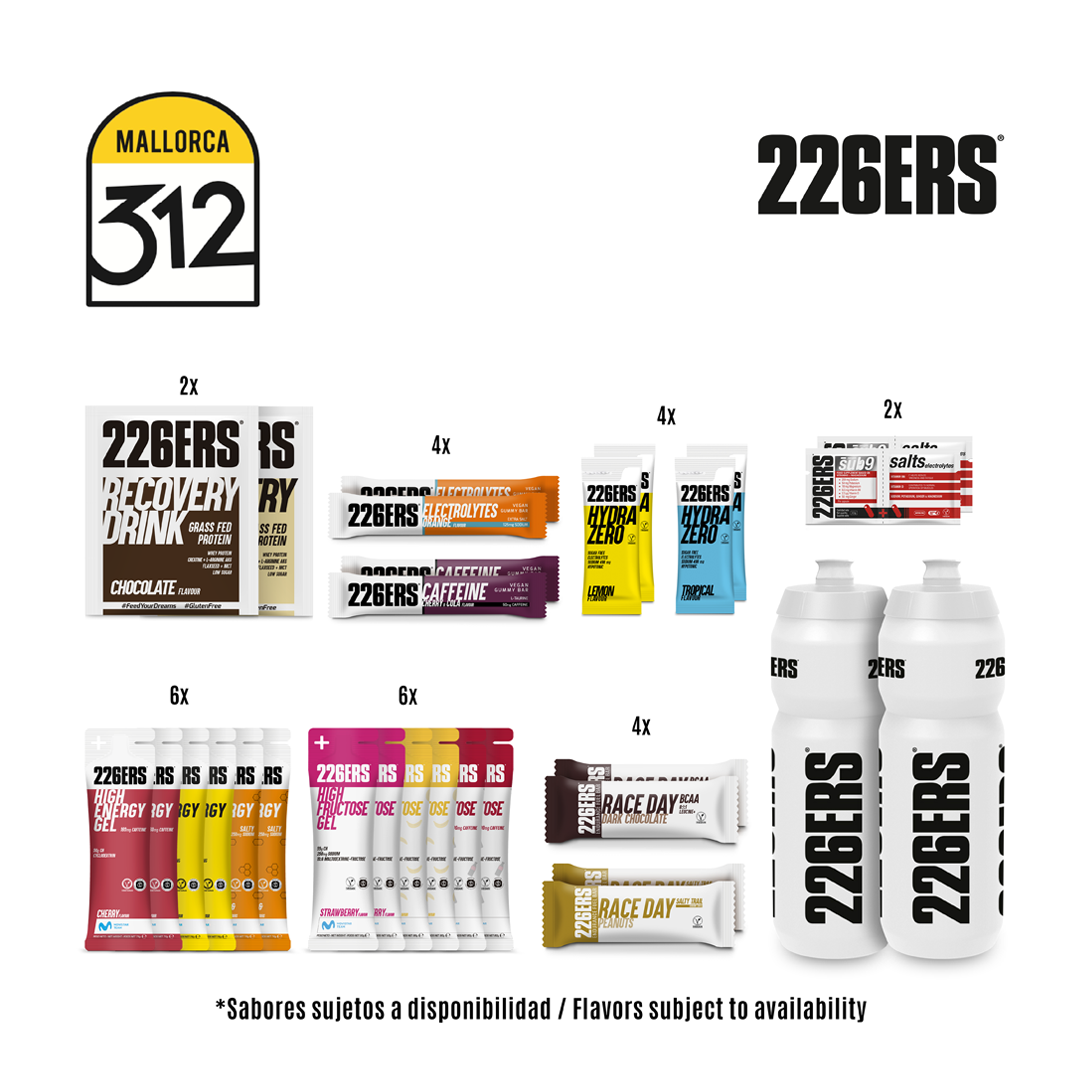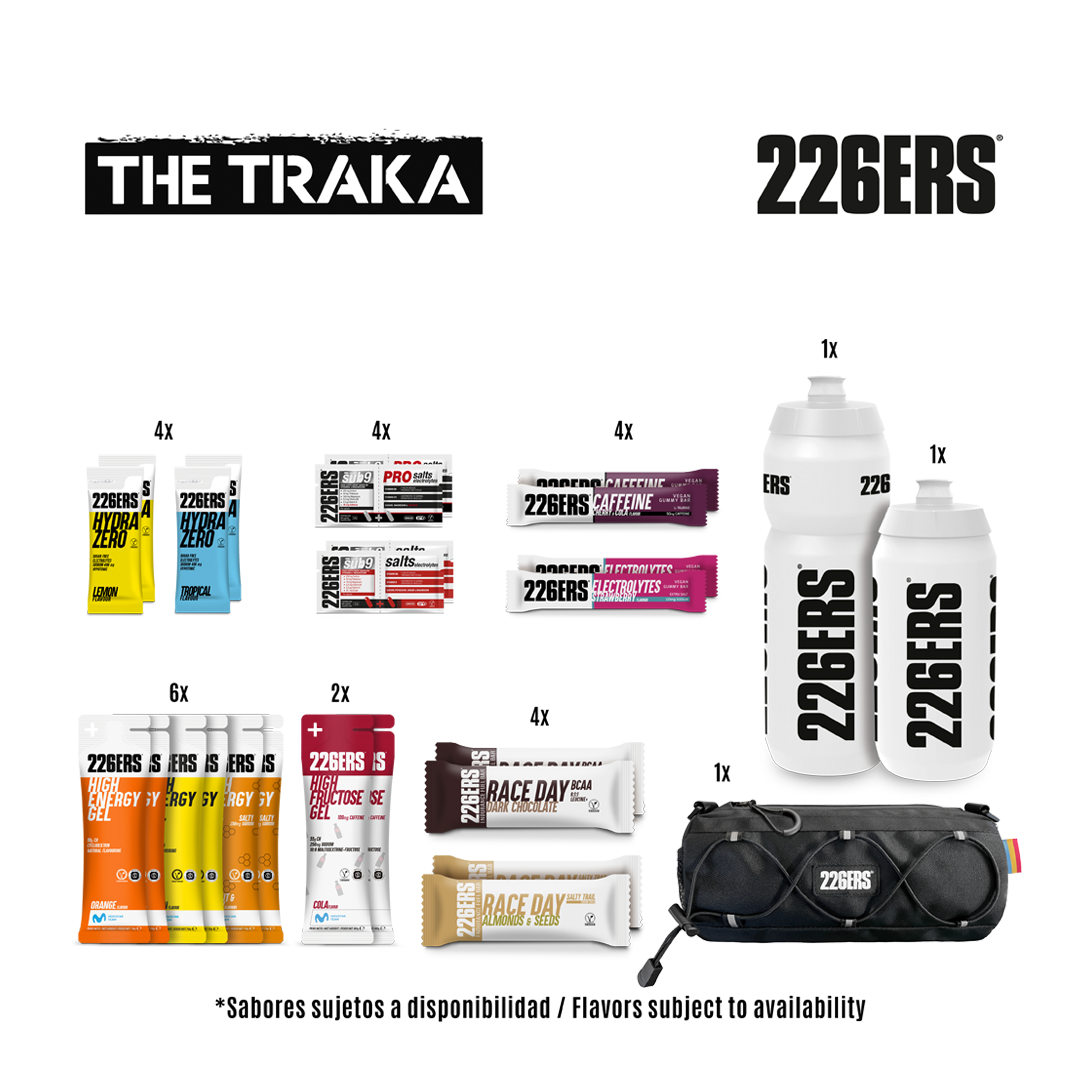When to take creatine? Before or after training
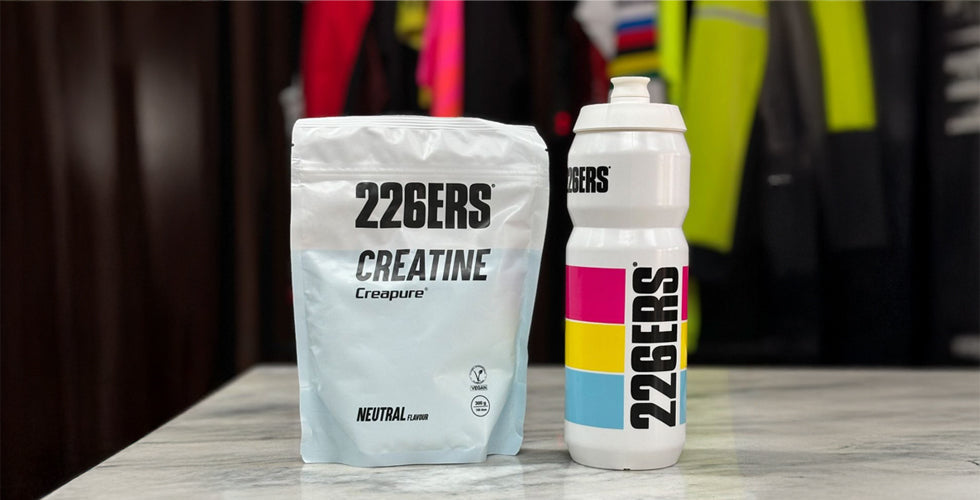
What is creatine?
Creatine is one of the most widespread and used supplements at the sports level. In part it is because it is a safe product, not doping and with strong scientific evidence about its possible benefits and improvements in sports performance.
Creatine It is found in the body in 95 % within the muscle, in free format or as phosphocreatine (PC), playing a fundamental role in ATP resynthesis by the metabolic route of high-energy phosphagenos or ATP-PC system. That is, it allows ATP to be regenerated quickly and contribute energy to the muscle for activities of maximum intensity and short duration (up to 6-10 seconds).
These types of activities include strength work, speed, repeated sprints, etc.. Therefore any sports, competitive activity or training program that encompasses this type of work would clearly benefit from creatine supplementation, mainly due to an increase in creatine content at the muscle level.
In addition, in this article you can know How much creatine can you take up and in what dose.
What benefits can cause creatine supplementation?
Creatine supplementation, specifically in creatine monohydrate format as the most recommended and effective, not only has positive effects for power sports, explosives, intermittent, strength or speed. Its benefits get much further.
- Help the Muscle glycogen recovery, fundamental aspect for resistance sports or intermittent sports.
- Reduces muscle damage Produced by intense exercise, acting in this case with a recovery effect.
- Attenuates the loss of muscle mass in periods of inactivity due to injuries, thus being a good supplement for injured athletes.
- Produces a Increase in intracellular water content and increase fluid retention, therefore optimizing hydration. This aspect can be fundamental for heat and humidity conditions, although also potentially negative due to possible weight gain, which in certain modalities can worsen sports performance.
- Positive effects at cognitive and cerebral level, palling the creatine deficit that can cause aspects such as exercise or sleep deprivation.
How to take creatine
Given the numerous positive effects of creatine, many athletes are clear about their consumption, but Do you really know what is the most appropriate intake protocol?
The first thing that should be taken into account is that creatine It is not an acute intake supplement, such as caffeine. That is, it is no use to take a unique creatine dose before or after training or competing.
The objective of creatine intake is Increase the muscle content of the same, therefore a continuous intake is necessary and with a certain duration in time against isolated and punctual doses.
Thus the first scientific studies recommended a protocol or creatine loading phase with doses of 20-25 grams a day for 5 days and then continue with a maintenance phase of several weeks with 3-5 grams per day.
On the contrary there are also today Other creatine intake protocols where the load phase obviates and simply recommends a continuous intake for 5-10 weeks of a creatine amount between 3-7 grams a day or adapted to the athlete's mass recommending 0.1 gr of creatine per kg of weight.
In the middle term they would be continued intake protocols where the first week increase the dose, for example 7 grams and after it they maintain the rest of the week with a dose of 3 or 5 grams.
The choice of a protocol or another will depend on the "haste" the athlete has to increase his muscle creatine deposits. For example, if it begins sufficiently in advance with creatine supplementation and with an objective of improvement more than 30 days, a load phase would not be necessary.
However, if the athlete for different reasons has not been able to optimize his metabolism ATP-PC in a period of less than 30 days, if it would be advisable to rely on a 5-7 days load phase.
Before or after training creatine?
At this point, where the athlete is clear about the benefits provided by the consumption of creatine and the supplementation protocol, with or without a load phase together with a maintenance phase, a last doubt can assault you:
When to take creatine? What is the best moment? Before or after training? Would there be differences in the effects of creatine?
To be able to give a solution and a good answer to these questions, the first thing is to know what the Objective of creatine supplementation and what differences exist when taking creatine at one time or another.
Thus, the primary objective of creatine supplementation is the Increase in creatine muscle content, which in turn will allow jointly with adequate training multiple benefits such as the increase in muscle mass, strength gain, speed improvement, etc.
So, What are the factors that allow to accelerate the passage of creatine into the muscle?
Factors that accelerate the passage of creatine
1) the increase in Blood flow and blood perfusion to muscle which facilitates the transport of creatine.
2) The Sodium / potassium pump activity which allows greater capture by the muscle
The conjunction of both will result in an increase in intramuscular creatine content.
It is clear that physical exercise will enhance these two key factors, therefore the first recommendation that can be done in relation to the Timing of Creatine Take is that It is convenient to take creatine preferably around exercise (pre, during or post), in the face of ingesting it in a period of time quite far from it.
However, Are there differences between the pre, during and post? Creatine before training? Creatine after training?
Differences between taking creatine before, during or after training
From a point of view of increasing the concentration of creatine in blood after intake and the empowerment of factors that facilitate their transport in the interior of the muscle (blood flow and sodium / potassium pump), the recommended moments would be pre or during exercise, since the blood flow and the activity of this physiological pump will be greater.
Keep in mind that creatine blood peak can be achieved around the time after intake, descending progressively until 4 hours.
On the contrary, if the objective pursued is the muscle recovery or facilitation of the recharge of muscle glycogen, in that case it could be interesting to take it post exercise or in the final part of it.
However, analyzing several quality and well -controlled scientific studies, and not just some of them that contribute the result that "interests us", The conclusion that can be reached is that it is not entirely clear if it improves the performance of the performance is preferable to take creatine before, during or after, and even more so when a long -term effect is evaluated.
If you are thinking of adding creatine to your routine, check our supplements section, where you can discover different options to improve your performance and meet your training goals.
So and by way of Final conclusion, the use of creatine is recommended by putting the focus on doses to seek a creatine saturation in the tissues and in a intake around exercise (Pre, during or post), better than in a period away from it, in order to take advantage of the factors that enhance their transport to the muscle.
The nuance of the final decision (pre, during or post) will come based on logistics issues such as access to creatine, stomach comfort or the effect sought with creatine.


